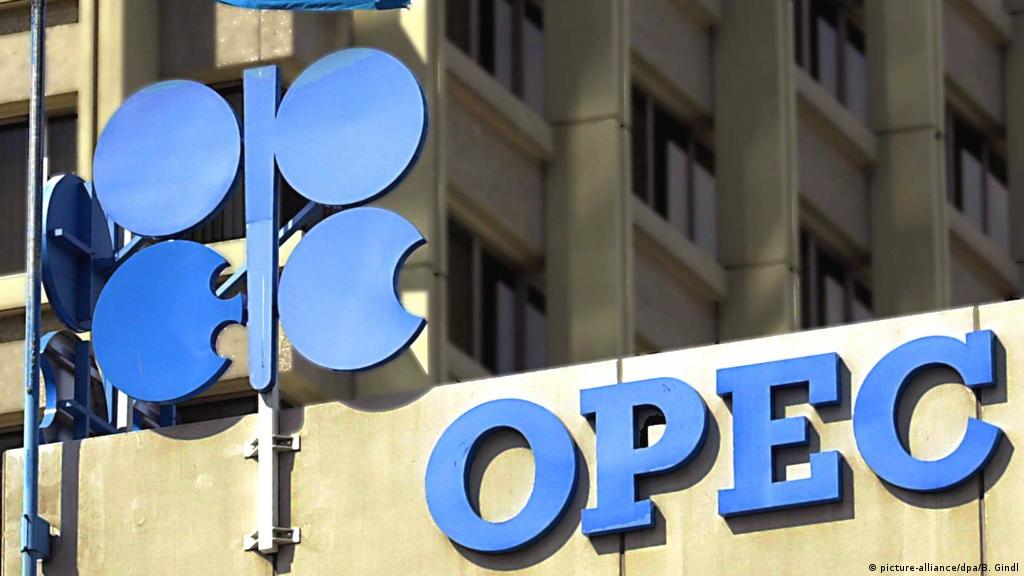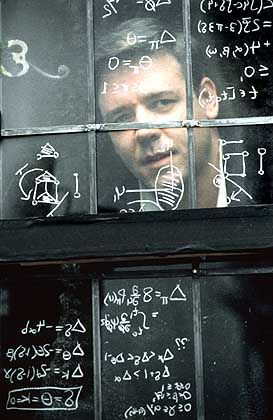Game Theory (Eco 694)
Game Theory (Eco 694)

Course Description
Game Theory is a framework for decisions made between a small group of managers or firms (sometimes called economic
strategy). In this small group, the decision of one manager or firm affects which decision other managers or firms want
to make.
For example, Apple's Iphone price and production decisions affects Samsung's decision about how many Galaxys to produce
and what price to charge. Conversely, Samsung's decisions affect Apple's decisions. How can Apple and Samsung correctly
predict each other's decisions and react optimally? Game Theory will show us how.
In fact, in a huge number of situations managers and firms use game theory to predict other manager and firm decisions
and react optimally. Google search auctions for ad placement, wireless spectrum and treasury bill auctions, anti-trust
actions, retail store location decisions, and hundreds of other business decisions are made, both in theory and in
practice, using game theory every day.
We will study several types of games: (1) games where firms move simultaneously, (2) mixed strategy games where players
optimally disguise their actions, (3) dynamic games where players alternate turns, (4) repeated games where players
acquire reputations, and (5) games where players try to gain information about rival players. All of these games are
used every day by practioners in supply chain management, finance, marketing, sustainable business, and elsewhere.
Economics is the study of the allocation of scarce resources. Because all decisions are essentially about the allocation
of scarce resources, economics is in fact the study of decision making and problem solving in general. In Eco 693 we
learned how to make business decisions in competitive markets. In large competitive markets, players have only small
effects on the market and each other. The production decisions of a single oil well in Texas has no effect on global oil
markets. Here players are large enough to have an effect on each other. Production decisions by OPEC members are large
enough to affect each other and global markets.
Game Theory is an especially important tool for tech companies that use auctions (EBay, Google etc.). Many of these
firms now have in-house economics departments. Because in general these very fundamental decisions are made by higher
level executives, economics becomes critically important for CEOs and other senior executives. This is one reason why
economics is the most common major among Fortune 500 CEOs.
General Information
Professor: Professor David L. Kelly (Dave).
Course Meetings:
- Section 30B: Wednesdays 1:45-3:50 pm in Aresty 431.
Office: Room 517F, Jenkins School of Business.
Office hours: Tuesdays IN PERSON 2-5 PM location TBA. (Dave is almost always available to meet during business hours, but try to come during office hours if you can).
Contacts: Dave can be contacted via phone (8x3725) or email (dkelly@miami.edu).
Web Site/BlackBoard:
At Blackboard, I will post notes, homeworks, quizzes, grades, solution sets, review sheets, and other materials, as well as a
continuously updated syllabus.
Final Exam:
- Section 35B: Wednesday October 1, in the same room (Aresty 431) and time (1:45-3:50 pm).
Prerequisites
This course has no pre-requisites. Nonetheless, I will assume a working knowledge of basic economic concepts such as
supply and demand, and basic math. See me for some extra references if you feel your skills are lacking in either area.
Textbooks
We will use the same textbook as Eco 693:
Allen, W. Bruce, Keith Weigelt, Neil A. Doherty, and Edwin Mansfield, Managerial Economics (8th Edition).
W. W. Norton & Co., New York, 2012.
The textbook is not required. In class I will give some advice as to whether or not to purchase the book.
Grades
- 3 Homeworks 30% (due: August 27, September 3, September 24)
- First Quiz (September 10) 35%
- Final Quiz (October 1) 35%
Additional Notes
- In person attendence is required and very important for this class. All quiz
material comes from class notes, and not all class notes are available in the book. Dave will provide detailed notes and
record solutions to some example problems, which include some in-class examples not in the notes. Smart students will
attend every class and take detailed notes on the in-class examples, and will therefore find that the homeworks and
quizzes are straightforward. Much of the learning takes place in the Q&A in class, which is not recorded.
- Each homework is worth 10%, a letter grade. I prefer homeworks to be submitted via email, but in person is OK
too. If submitting by email, please submit a Word Document or pdf, avoid huge jpeg/picture files. The homeworks are due
at 1:45 pm Wednesdays. Dave recognizes that sometimes emergencies occur, in which case a student can be excused from turning in a homework. In this case, the final will be
weighted more. Students must let Dave know in advance if they are unable to turn in a homework on time. Finally, the homeworks sometimes demonstrate how the concepts used in class are applied in the "real world." Because the real world
is complicated, the homeworks can be long. Do not wait until the last minute to start the homeworks.
- Now is the time to mark your calandars for the quizzes. As with the homeworks, if there is an emergency or you are
experiencing Covid symptoms and cannot take the quiz, the final will be weighted more. Students must let me know in
advance if there is an emergency.
- The class requires active participation and discussion to learn. You cannot learn while you are on you phone. This
also breaks Dave's mental flow. Please do not use phones in class. Computers are allowed. Most definitions, etc. are in
the notes Dave provides. The remaining is math and graphs, which are tough to copy on computer. So be ready to use hand
notes.
- With six week courses, it is important to keep up. Missing one class is equivalent to missing a month's worth of
undergraduate classes. Yes, the class is at 8 am. But you are not an undergrad. Set your alarm, get your coffee, and be
on time.
- What they say about Dave on Rate My Professor:
- "Can be an a-- if you procrastinate."
- "God help you if you don't go to class."
Course Outline
- Introduction (chapter 12:8th edition, August 20).
- What is Economics and what is Game Theory?
- History of Game Theory.
- Managerial decisions studied by game theorists.
- Game theory used by professional practicioners.
- Basic definitions and Static Simultaneous Move Games (chapter 12:8th edition, August 20-27).
- Payoff Matrix, 2 Player, 2 Decision Games.
- Dominant Strategies.
- Nash Equilibria.
- n Decision Games.
- HOMEWORK 1 DUE AUGUST 27.
- 3 Player Games.
- Prisoner's Dilemma
- Collusion.
- Cartels.
- Cheating.
- Applications.
- Price wars.
- Coordination/Anti-Coordination: How to segment a market.
- Location Games.
- Hostile takeover game.
- Sustainability Arms Race.
- Price matching offers.
- Anti-Coordination: high price/high inventory and low price/low inventory.
- HOMEWORK 2 DUE SEPTEMBER 3.
- Mixed Strategies (September 3).
- Mixed Nash equilibrium.
- Surplus in the mixed Nash.
- Applications.
- Blue light specials.
- Anti-Coordination: high price/high inventory and low price/low inventory.
- FIRST QUIZ SEPTEMBER 10.
- Sequential Games (chapter 12:8th edition, September 10-17).
- Nash Equilibria and Sub-Game Perfection.
- Credible and non-credible threats.
- First mover advantage.
- Pre-emption strategies.
- Applications.
- Market entry and segmentation.
- Deterring market entry.
- Auctions (chapter 13:8th edition, September 17-24).
- Independent Private Values.
- HOMEWORK 3 DUE SEPTEMBER 24.
- Common Value Auctions.
- Winner's Curse.
- Sealed Bid and Oral Auctions.
- Second Price Auctions.
- SECOND QUIZ OCTOBER 1.
- Repeated Games (chapter 12:8th edition, time permitting).
- Reputation.
- Tit-for-Tat and other strategies
- Bayesian Games (chapter 12: 8th Edition, time permitting).
- Bayes Rule.
- Bayes-Nash Equilibrium.
- Applications.

Up to Dave Kelly's homepage
Interesting web sites for Eco 694 students.
National Association for Business Economists.
The Economist.
The Economist.com argues that economics
is valuable for MBAs since economics has more compelling and realistic theories business administration than other
disciplines.







